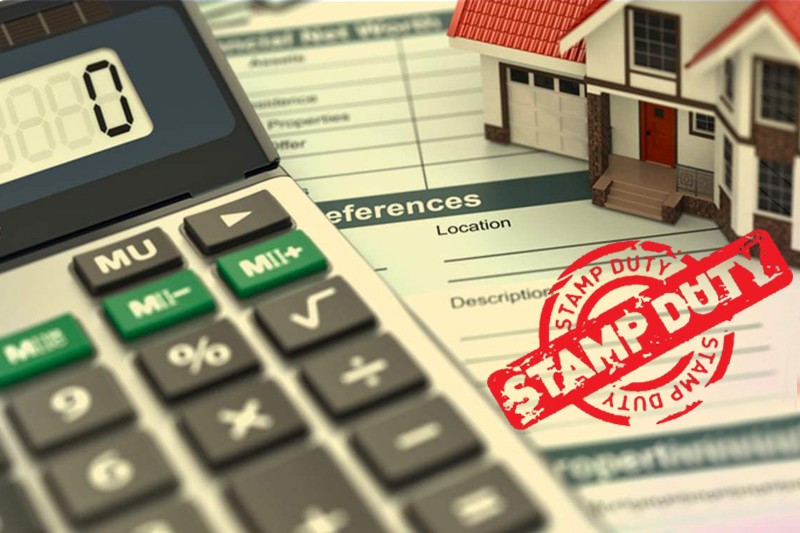In India, the real estate market has seen unprecedented growth because it yields higher returns than other types of investment. However, the booming realty business has always been unchecked. Builders and promoters have had an upper hand; consumer protection and a regulatory framework have constantly been overlooked. Ultimately, a homebuyer bears the brunt in the process of buying a house.
RERA
In 2016, the government established the Real Estate (Regulation and Development) Act to:
- Protect the interests of consumers, promoters, and real estate agents.
- Promote the industry.
- Ensure transparency and fair play in transactions.
- Monitor the quality of construction.
- Provide speedy redressal to grieving buyers.
Any real estate project with land over 500 square metres or 8 apartments must be registered with RERA. The rule applies to promoters and real estate agents; ongoing projects and future projects. It is mandatory for real estate agents to register under this Act. It is punishable when a real estate agent/promoter tries to sell or advertise his/her projects without registration. With the new Act in effect, buyers are no more at the mercy of the real estate agents. They can enjoy a home buying experience in a regulated market. This article will provide an overview of RERA and serve as your guide to TNRERA.
Tamil Nadu Real Estate Regulatory Authority (TNRERA)
A notable feature of the Real Estate
(Regulation and Development) Act is to establish Real Estate Regulatory
Authority (RERA) in each state. These regulatory bodies:
- supervise the real estate
sector and
- resolve disputes pertaining to
real estate projects
This, in turn, will balance the interests of buyers and promote investment in real estate. TNRERA regulates the real estate market of India and Andaman and Nicobar Islands. Here are some TNRERA guidelines that protect the interests of homebuyers.
Ensures Transparency
When it comes to buying a house, homebuyers panic about the researching about the right agent, if the project/plot is government-approved, and if the tiny details that make a huge difference are right.
TNRERA rules have made it mandatory for any real estate agent to upload documents of his/her ongoing project in its official website. Some of these documents include:
- Planning Permission Approval Letter
- Planning Permit
- Work experience of the promoter
Also, information about TNRERA registered
projects, registered real estate agents, rejected projects, returned projects is
available to public. There are 227 registered projects for the year 2019 as listed
in its official website.
For each registered project, links to soft copies of promoter's details, project details, lists of projects promoted in the last five years, approval details, and carpet area are available in Tamil Nadu RERA's official website: https://www.tnrera.in/. It also cautions about promoters and developers who are not authorized to sell a particular project. With access to all the important information, the potential homeowners can now make an informed decision.
Supervises Commitment to Buyers
While uploading details about a project, builders are also required to furnish a due date for the delivery of the finished project.
When they fail to deliver the flat even after the grace period, with TNRERA in effect, the builders are liable to return the money received from buyers with interest and compensation. With such regulatory check in force, buyers can be at ease with their financial investment.
Provides an Avenue for Complaints
Previously when a builder withdrew or failed to deliver a project on time or when there was construction-related strife, few buyers sought legal help.
With TNRERA in practice, when a builder delays the delivery of a project, the aggrieved buyer can file a complaint under section 37(1) of the Act. The complaint can be made in person or through an advocate.
On the official website of TNRERA, all the final orders of the complaints made on builders or promoters are available. First-time buyers can do their research on a builder's project history and steer clear of suspicious real estate agents.
Adds an Extra Layer of Protection
How often have we heard about projects reaching an impasse due to lack of funds, poor planning, or manipulative practices? With RERA's regulations, the homebuyers are no longer in trouble.
According to the RERA Act, 70% of money received from buyers should be deposited in a separate bank account. The amount is reserved for cost of construction and land and cannot be used for other purposes. The money will be released by banks as and when each construction phase is completed. This ensures that the builders have enough funds to complete the construction.
Focuses on Quality of Construction
TNRERA has made it mandatory for promoters to upload structural stability certificate for registration. In case any defects or quality issue is brought to the notice of the promoter within five years of handing over the property, the promoter has to rectify the issue without charging the buyers.
Regulates Terms of Sales
TNRERA rules mandate promoters to upload an approved plan before registering their project. This makes it harder for making alterations in the layout plan or the sanctioned plan once the project has been registered.
The Act also makes a clear distinction between what is included in the carpet area and common area. Hitherto buyers have been charged for common areas too. Now the buyers can pay only for the area that they use inside the house or, in other words, the area inside the walls of the apartment.
According to RERA, carpet area means "the net usable floor area of an apartment, excluding the area covered by the external walls, areas under services shafts, exclusive balcony or veranda area and exclusive open terrace area, but includes the area covered by the internal partition walls of the apartment."
Now buyers pay for what they get!
With a watchdog such as TNRERA in action, buyers can now buy their dream houses with more confidence. Transparency and regulation, put in place, have given a face-lift to the industry. It is a buyer's paradise out there!
Source: https://www.tnrera.in/




















